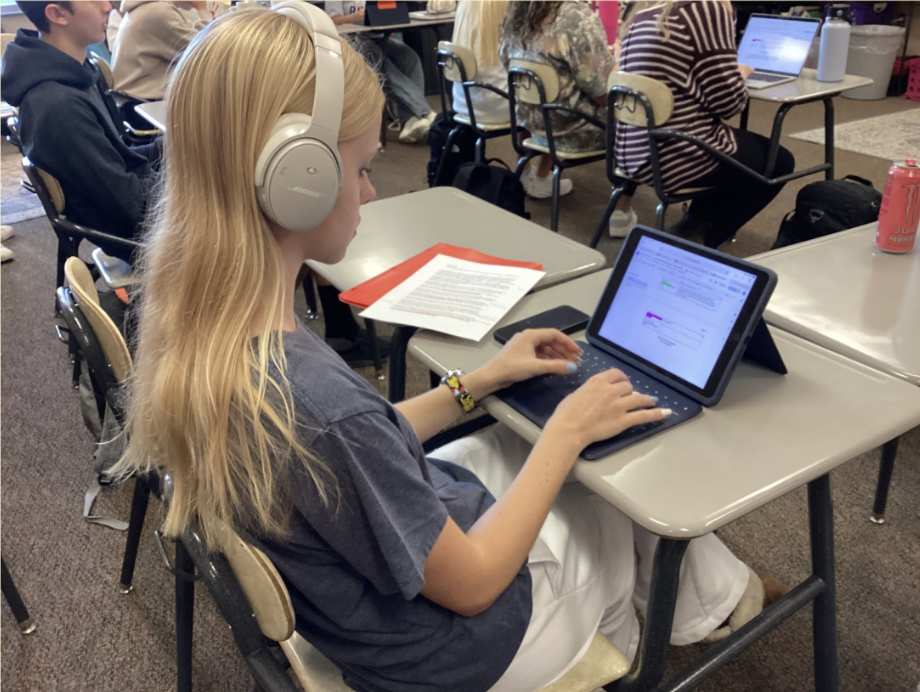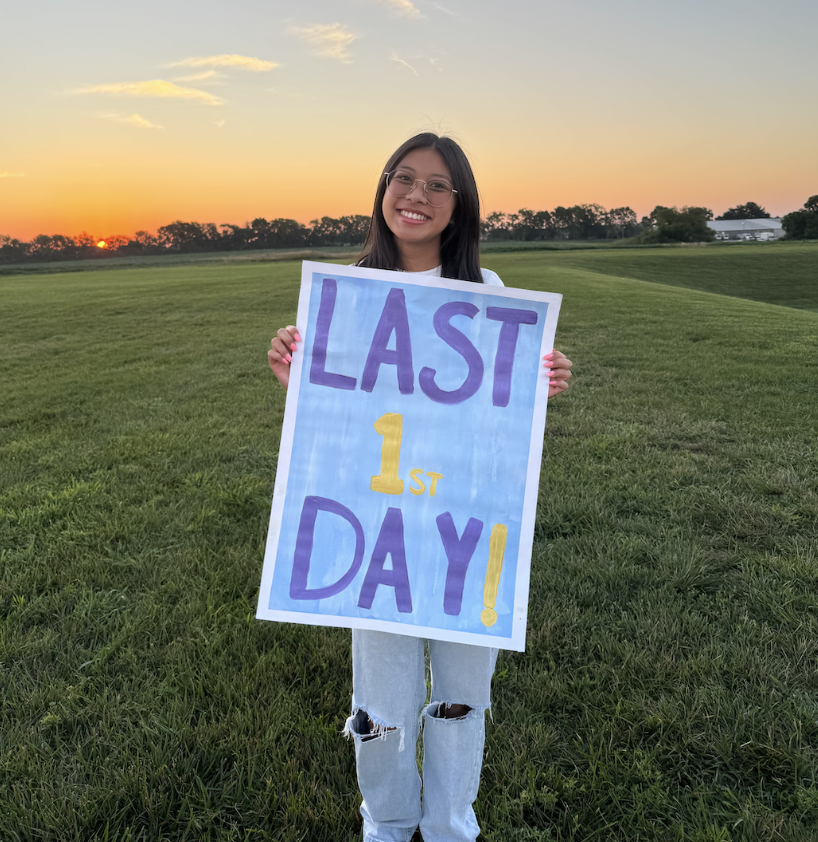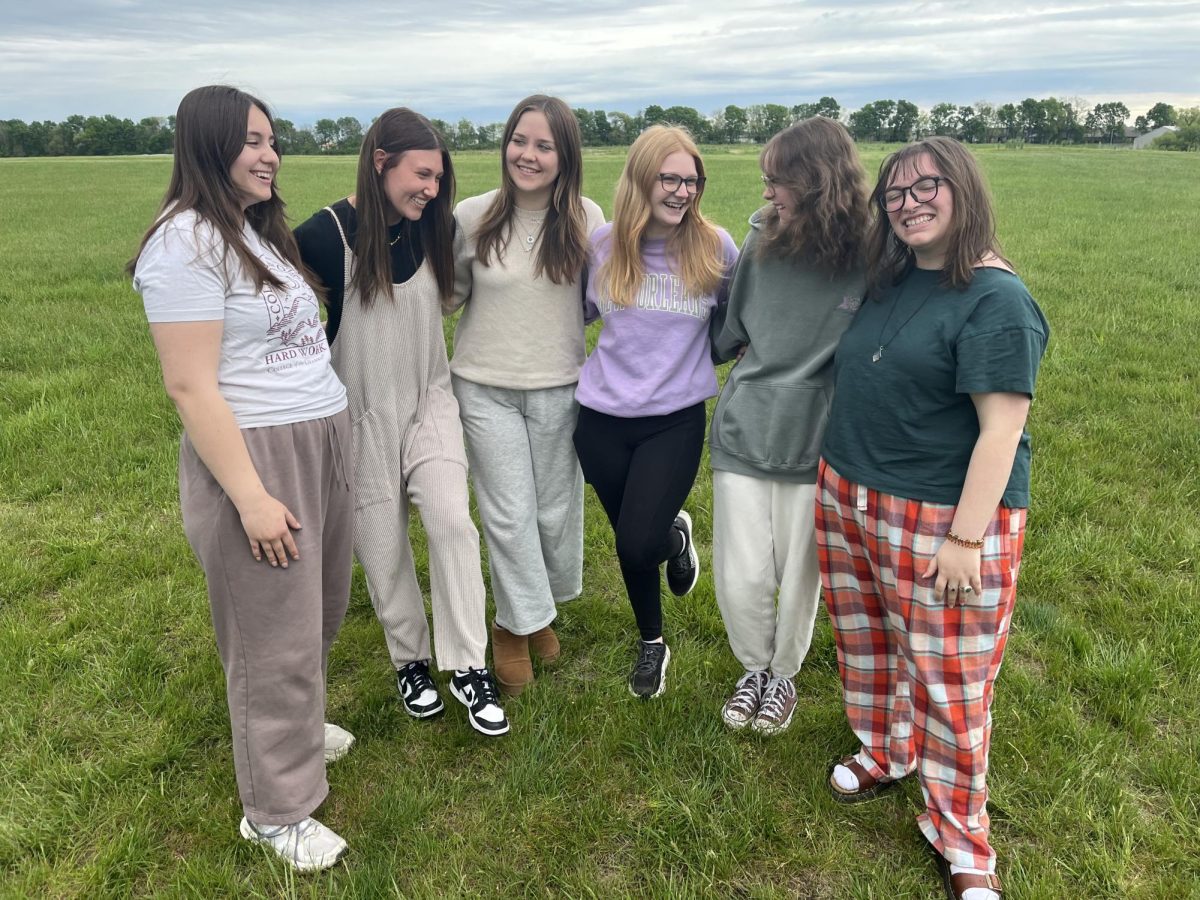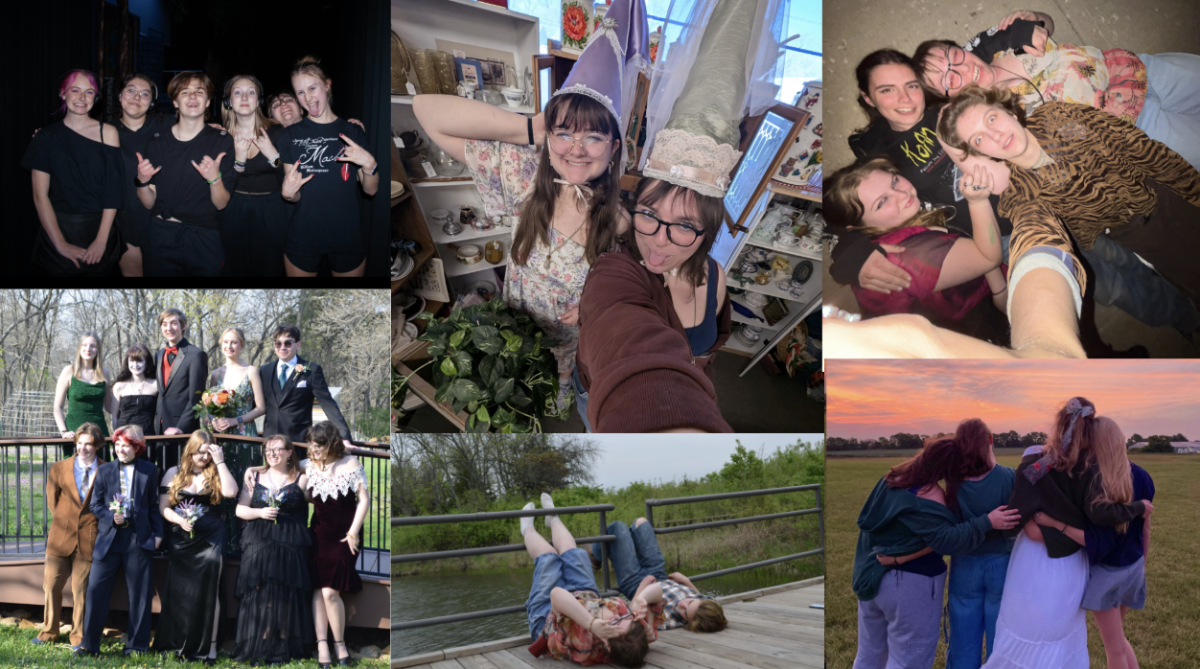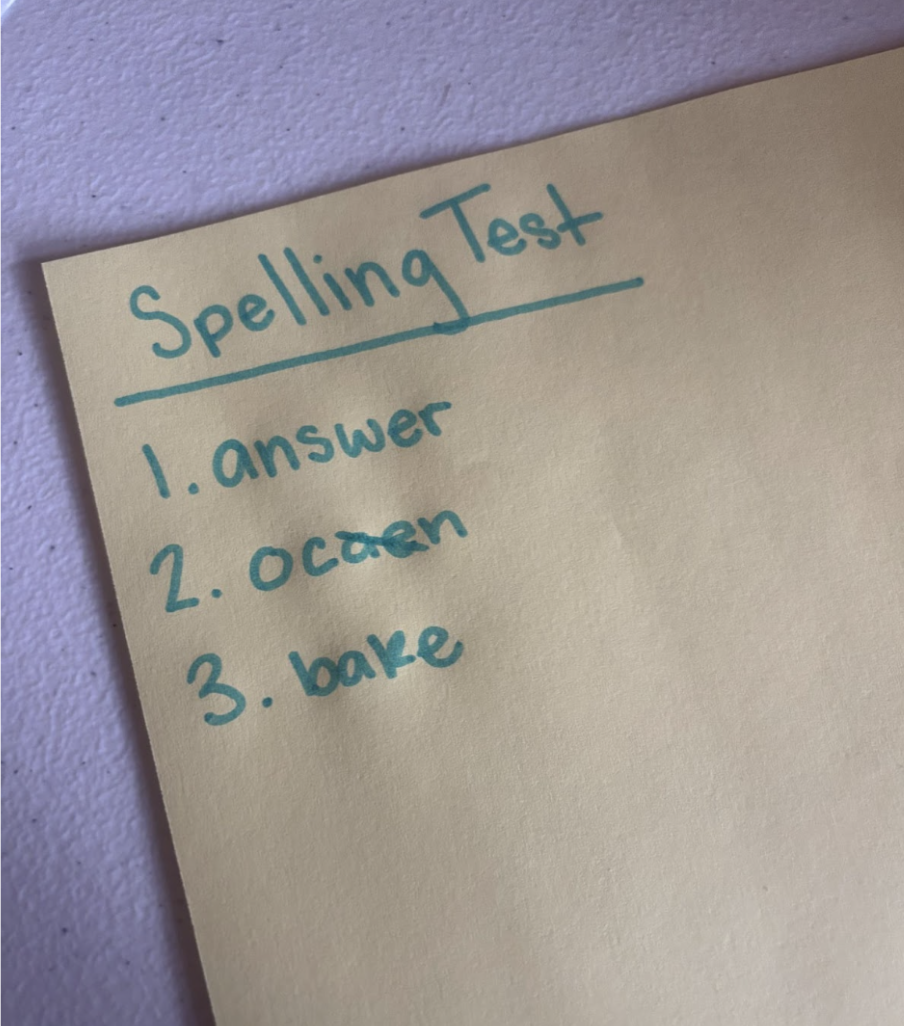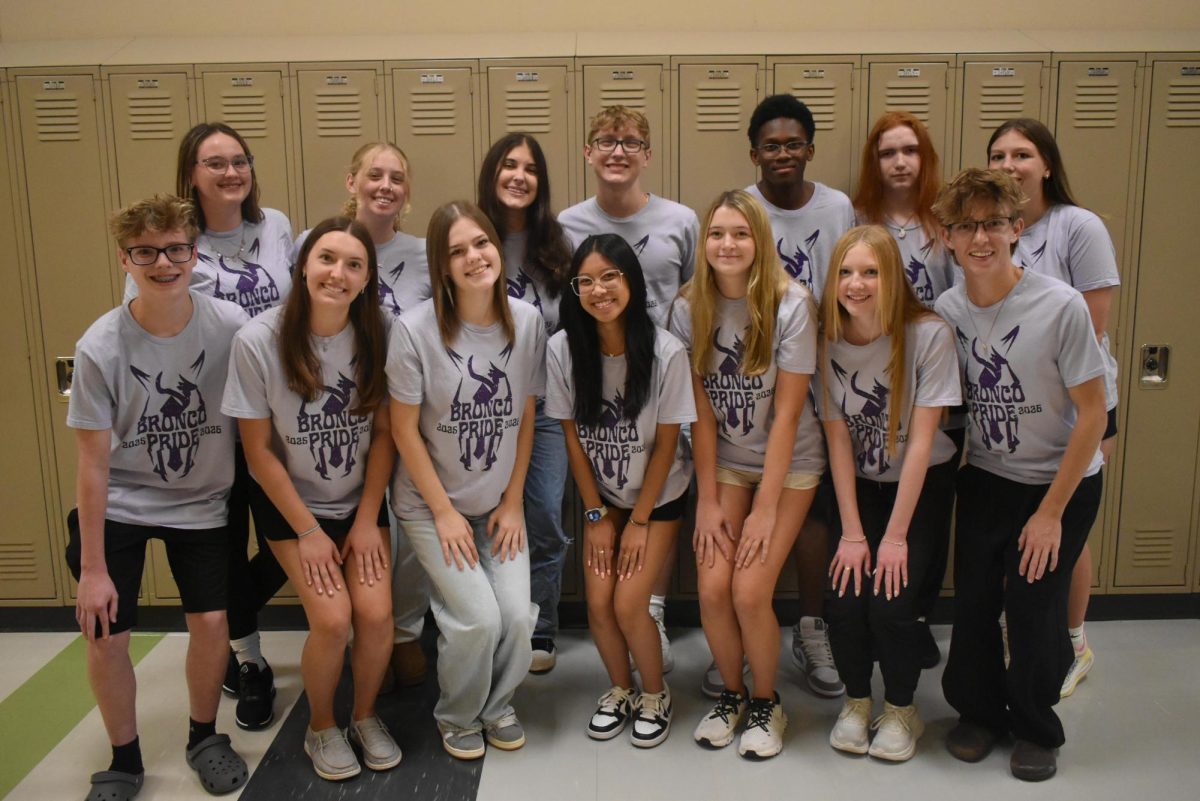Just before Halloween, a hot topic struck my attention. As teens attending Halloween parties took over my social media feeds and talked of the best and worst costumes flooded the halls, I realized many teens and adults may not realize that their costumes are offensive. For example, costumes using black face, making fun of another culture, or even sexualizing childhood movie characters may be seen as offensive.
I wanted to reach out to the student body and amplify their voices on this topic. My first lead refused to be interviewed at all. This was followed by a group interview including a teacher and around five students. These sources were comfortable talking to me about their opinions. When they realized their opinions would be published, they asked not to be included in the article or to be granted anonymity. Seeing that having five anonymous sources on a seemingly light hearted topic would not be credible, I came back to my editors, staff and publication advisor asking for advice.
The consensus was that after that many failed interviews I needed to find a more niche group to reach out to, so I decided to reach out to the FCA sponsors and see if they had any recommendations of who to interview. This was not because students involved in FCA are seemingly more open to judging others and their choices of costumes, but rather because with many Christian students practicing modesty I considered that they might have advice to others who were struggling to find a costume that aligned with their beliefs. All FCA sponsors declined to recommend sources.
This raised the question: Why are people so resistant to the topic of Halloween costumes that cross the line? When talking to my peers, here is what I came up with:
- People are comfortable sharing their opinions with their friends and even close teachers, but they don’t want their opinions to be public.
- Students were seemingly afraid of coming off as judgemental or shamingly when sharing their opinions.
- Beyond the topic of Halloween costumes, when people ask their peers a question, they will most likely answer honestly, until they realize their answer might be controversial.
The common denominator in all of this is that people are not scared to share their opinions, they are scared to take responsibility for their opinions when made public. This is an example of a common flaw in modern society. The skill to be able to share opinions and accept that others may have differing opinions has been lost. People who neglect to share their beliefs are closing themselves off from receiving feedback that could change their perspective, whether it’s Halloween costumes, politics, or even religion. If people are not constantly challenging their beliefs then their beliefs may not mean anything at all. If people live their lives in fear of what other people think about them, they are failing to embrace their own individuality. This also means that our actions must reflect what we would want other people to do. If we expect other people to withhold their opinions to avoid conflict this will cause a loss of value in things like voting, for instance. Talking about what Halloween costumes people think are inappropriate or too far should not be an uncomfortable topic. However, shaming people for wearing something controversial, Halloween or not, should never be acceptable.
This interaction made me wonder where this stigma started. A quick Google search showed that many news sites had no issues writing content on this subject including headlines:
“11 Halloween Costumes Ideas You Should Never Attempt” (Pride.com)
“PSA: These Halloween “Costumes” will Always be Offensive” (Bustle)
“I Am Literally On My Knees Begging You Not To Wear Any Of These Halloween Costumes This Year” (Buzzfeed)
It is clear that the mass media has no problem showing their opinions on this topic. This made me consider the fact that when people wear a controversial costume, they are sharing their opinion. So whether they decide to go on the record with it or not, how they dress, even on Halloween, is an invitation to let others make assumptions about their characters. Next Halloween, consider what people’s Halloween costumes are saying about them. Are they a funny person looking for a funny costume? Are they a horror movie enthusiast looking to recreate their favorite character’s look? Are they wearing a couples costume that compares their relationship with their partner to a couple from a movie?
Overall, this interaction has only made my love for journalism stronger. It is hard to talk about topics that need to be talked about and journalism is a huge vessel for that. Journalism has been proven to allow students of SHHS, and people beyond to share their experiences and opinions in a way that allows them to have their voices heard and take responsibility for their opinions.


